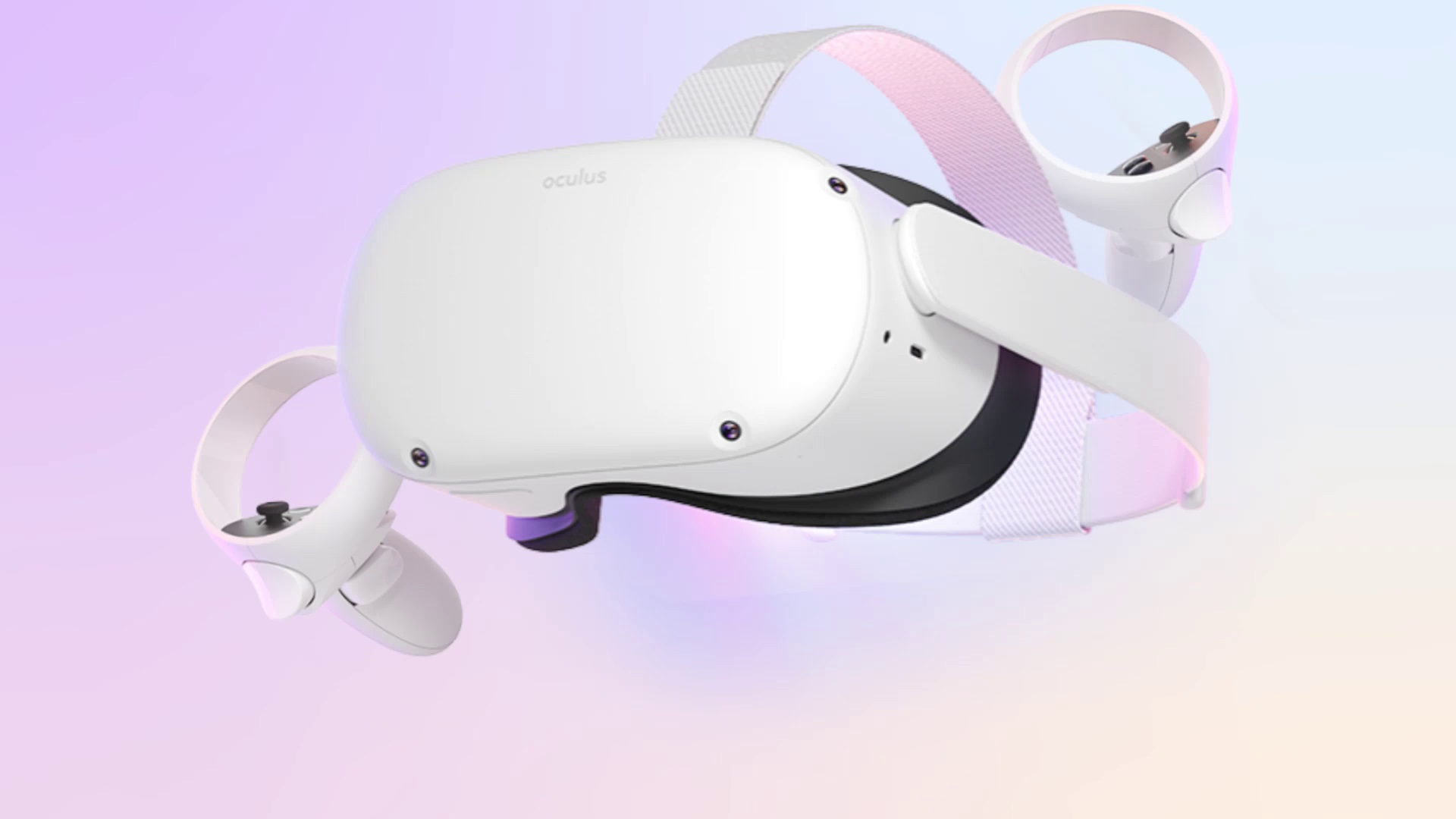Oculus VR headsets are getting an annoying change — and users aren't happy
Oculus VR users will soon need to merge their accounts with Facebook

If you have an Oculus virtual reality headset then you’ll soon need to sign up to a Facebook account, as the company is removing separate Oculus accounts in October.
Where previously you could set up an Oculus account to get access to the VR software platform that the likes of the Oculus Rift S tap into, from October you’ll be required to set up an account through Facebook. People with existing Oculus accounts not linked to Facebook can continue using their until January 1, 2023, but after that official support for them will end.
- These are the best VR headsets you can get right now
- The best VR games
- Plus: Galaxy 20 Fan Edition leak makes the iPhone 12 look boring
“If you choose not to merge your accounts at that time, you can continue using your device, but full functionality will require a Facebook account. We will take steps to allow you to keep using content you have purchased, though we expect some games and apps may no longer work,” the Oculus blog explained.
“This could be because they include features that require a Facebook account or because a developer has chosen to no longer support the app or game you purchased. All future unreleased Oculus devices will require a Facebook account, even if you already have an Oculus account.”
Facebook bought Oculus in 2014, seemingly with the aim to build out more social VR content, which it has done in a piecemeal fashion. But the move to merge Oculus and Facebook accounts appears to be a way to more tightly tie in the Oculus platform with the world’s largest social network.
Facebook claims that merging Oculus and Facebook accounts will give users a simple way to log into the VR platform using a single account. And it noted that a “majority” of users are logging into Oculus with their Facebook accounts, which provides access to things like chats, parties and events.
However, to some people this might seem like a move to infringe upon their privacy. Despite Facebook exceeding a billion users, some people might not want to be part of the social network. The misuse of Facebook data as seen in 2018’s Cambridge Analytica scandal, as well as slip-ups by Facebook in keeping some data private, has seen some people turn their back on the social network.
Get instant access to breaking news, the hottest reviews, great deals and helpful tips.
The reaction to the Oculus blog post announcing the merging of accounts hasn’t been particularly positive, with one user Derek Sienk noting it’s “time to sell my Oculus Rift S” and Ralphy Diaz saying: “Yeah that's going to be a no go for me.” While these users all commented using their Facebook accounts, it seems like they aren’t happy with the idea of merging the accounts.
Facebook said that there will be a new “VR-focused” section that can be used to keep people’s VR activity private and prevent their “Oculus friends” from finding them on Facebook. And the social network detailed that it will use user information relating to VR activity to sell adverts and serve up personalised content, much like it does on the main social network. So there will be no new infringements on privacy or extra advertising if you already use Facebook.
By linking both Oculus and Facebook accounts, Facebook appears to be consolidating the management of its various platforms, which makes sense from an organizational perspective. But it does somewhat force users of these other platforms into the main Facebook ecosystem.
Time will tell if this puts people off getting an Oculus headset, especially when there’s the Oculus Quest 2 on the way. But there are other impressive VR systems to chose from on our best VR headset list, so Facebook haters need not despair.

Roland Moore-Colyer a Managing Editor at Tom’s Guide with a focus on news, features and opinion articles. He often writes about gaming, phones, laptops and other bits of hardware; he’s also got an interest in cars. When not at his desk Roland can be found wandering around London, often with a look of curiosity on his face.
